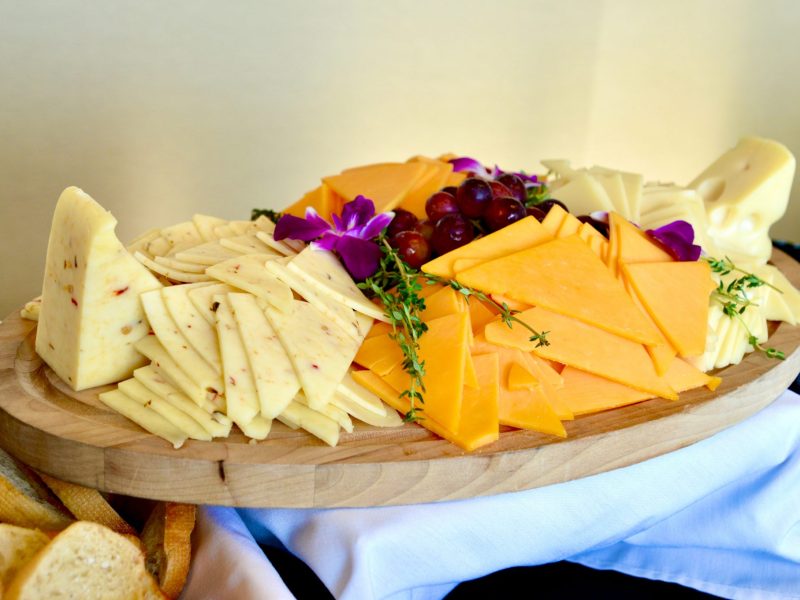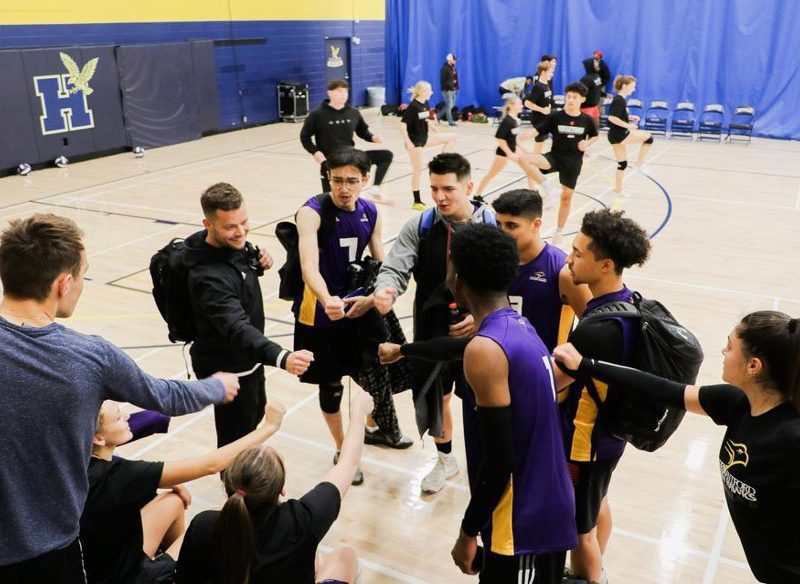Last October, I finally decided to fulfill one of my long-time goals: to participate in a volunteer project abroad. While reading Laurier Brantford’s weekly e-newsletter, I learned about an opportunity for students to travel to Peru for two weeks in the summer of 2010, through an organization called Solidarity in Action. After attending the first information session for the trip, I immediately submitted my application forms and, following several weeks of unbearable anticipation, received a confirmation that I was accepted into the program. Excited and nervous (but mostly excited!), I spent the next nine months preparing and waiting for what would turn out to be the single, most incredible experience of my life.
Solidarity in Action (SIA) is a not-for-profit organization that promotes and facilitates solidarity experiences and social justice trips abroad. With a focus in Peru, SIA works with Southern Ontario universities to give students the opportunity to travel to foreign countries and work in conjunction with local communities on various projects, such as construction or teaching. At our first pre-departure meeting, our group of 30-something WLU students learned that we would have the opportunity to work in various volunteer placements in Lima, from childcare to clinical environments. At this point – with several months remaining until our July departure – we were still a group of strangers (for the most part), somewhat reserved and shy in our interactions with each other. Little did we know how this experience would transform our relationships with each other, with ourselves and with the world around us.
Upon our arrival in Lima we were starting to warm up to each other, and we received an equally warm welcome from our Peruvian hosts. We would be staying at a Christian retreat house in Lima – our “home” for the next two weeks. Within the first few minutes of our arrival, we were each given our room assignments and headed to our rooms to unpack. As if the damp, chilly air of winter in Lima wasn’t enough of a shock, we were all a little surprised by our “minimalist” sleeping arrangements. My bedroom had hardly enough floor space for my oversized luggage and the tiny bed looked more like an army cot from the 1940’s. I specifically remember thinking to myself, “How am I going to do this?!” This was even before we discovered that the hot water supply in our four-person “bungalow” was minimal, and often non-existent. As I plopped down on my mattress (which was more “bedrock” than “bed), I recalled one piece of advice that our trip leaders had instilled in us at our pre-departure meetings: “Be flexible!” I made this my mantra for the duration of the trip, despite the fact that the cold showers left me feeling pretty rigid most mornings.
In the first few days of our trip, we spent some time touring downtown Lima and visiting our volunteer placements. Any doubt and skepticism of the days to come quickly subsided as we were warmly and enthusiastically greeted by adults and children alike at Cerrito Azul, a centre for the mentally disabled, and I.E.I. Creciendo con Jesus, a daycare centre, both of which were located in one of Lima’s poorest communities, San Juan de Miraflores. Entering this shantytown community for the first time was a pretty shocking and saddening experience, visually. Emotionally, it was an entirely different world.
In a region that has little government support and where many residents live in makeshift houses that offer little to no amenities, the concept of “community” takes on a whole new meaning. Individuals and families work together in an effort to provide for and support each other, not just themselves. What they have, they share – even when what they have isn’t much at all. We were astounded at how much they shared with us, too. After spending just a few moments at each placement, we had already made friends with bright, bubbly children and exchanged many hugs and kisses with the adults. Over the course of our volunteer week, we worked around language and cultural barriers and were faced with emotional, mental and physical challenges of all varieties on a consistent basis. Our initial concerns about the availability of hot water in our bungalows and the sometimes-questionable foods we were served at dinner had subsided and, relatively quickly, we learned to love and embrace all that we were given.
From our new Peruvian friends from the shantytown communities of San Juan de Miraflores, we realized the meaning of true solidarity. The material attachments and expectations we carried with us from Canada were overshadowed by a profound appreciation for the immaterial. Through the embrace of a young child, the exchange of a warm smile, the reality of sleeping in an unheated room on a cold, damp night, we each found a sense of community that we had never expected to find. We found happiness in simple moments, and appreciation and awe for the little wonders.
We each arrived to Peru as individuals, but we left as a community, bound together by friendships, respect, unconditional love, a thousand shared moments, and a newfound appreciation for all of the incredible things that awaited us back in Canada. Although, surprisingly enough, I still miss my army cot.



